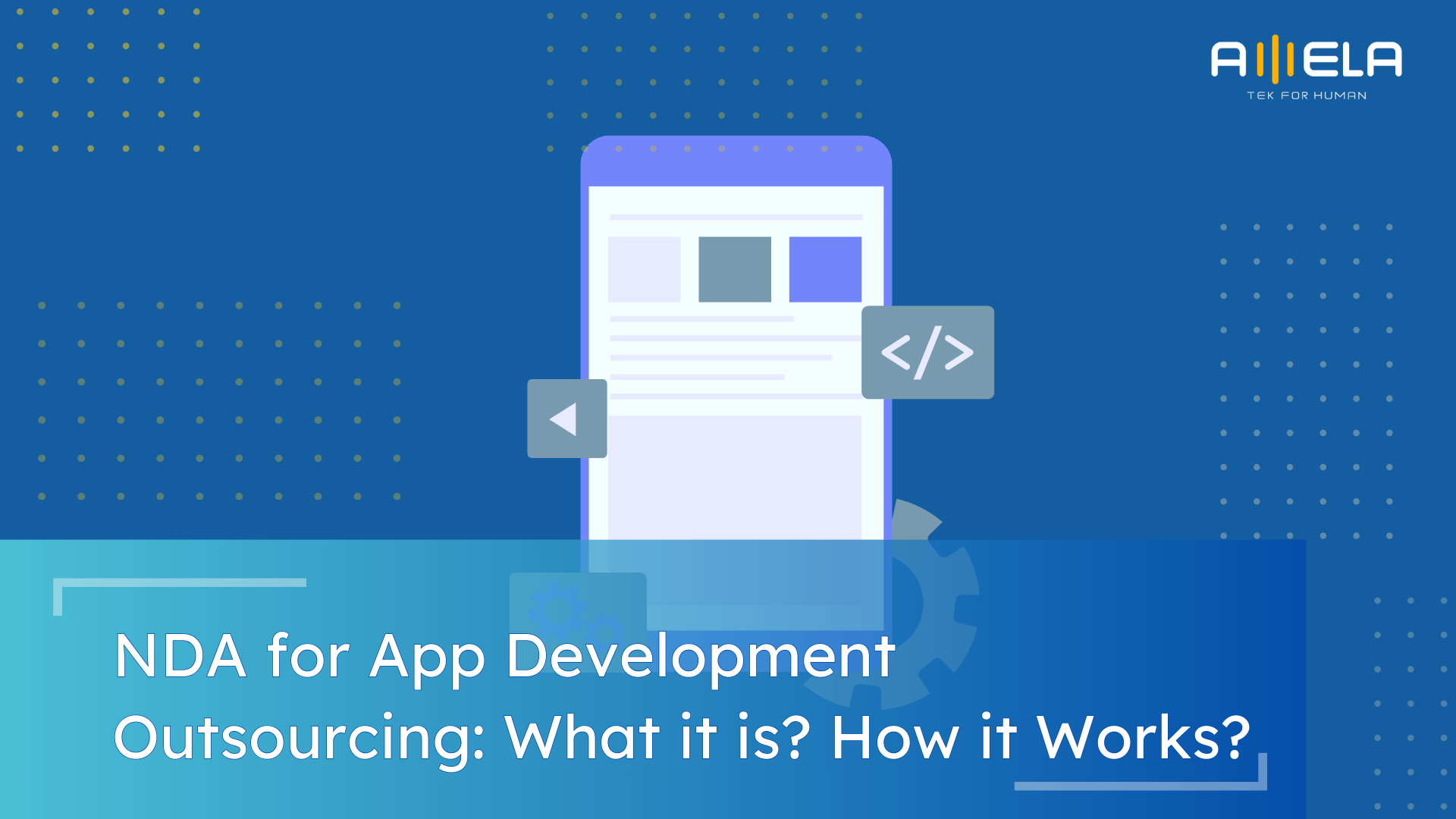If you’ve ever thought about diving into music streaming app development, now’s the time to hit play. According to a music streaming market forecast based on Coherent Market Insights, the global music streaming industry is expected to grow from around USD 47 billion in 2025 to USD 143 billion by 2032, demonstrating strong compound annual […]
Choosing between Golang vs Java isn’t just a technical decision—it’s a business one. We’ve seen clients wrestle with the same question: Do I go with the battle-tested Java ecosystem or jump on the lean, modern Go bandwagon? Both languages can build powerful backends, but the right choice depends on your goals. In this guide, we’ll […]
The backend is the core engine of every digital product — it processes data, manages user requests, and keeps applications running smoothly behind the scenes. While users interact with the front end, it’s the backend that determines how fast, secure, and scalable an app truly is. According to Gartner, modernizing IT infrastructure — including backend […]
IoT is no longer a futuristic buzzword – it’s already changing the way we live and work. From farms that water themselves to grids that balance renewable energy, connected devices are solving problems we once thought impossible. In this blog, we’ll explore 20 real-world IoT projects that showcase what’s possible today, and we’ll also look […]
Have you ever accessed a Japanese website before? We have had a lot of experience working with Japanese people in website development. After so many years of operating in the Japanese market, we have found that Japanese website designs have a distinctive appearance that sets them apart from their Western counterparts. There are many examples […]
Developing Android apps has always been tied to Java or Kotlin—but what if we told you Python is quietly becoming a real contender? Thanks to cross-platform frameworks and Python’s unmatched flexibility, businesses and startups alike are now using it to build, test, and even launch Android apps. From rapid prototyping to AI-powered features, Python offers […]
Building an online store is easy. Building one that sells is not. Here’s the reality — nearly 90% of e-commerce startups fail within their first 120 days (MarketingSignals, 2024).And the number one reason isn’t lack of marketing — it’s poor website performance and unclear requirements. Most companies rush into design before defining what their website […]
Blockchain technology is revolutionizing various industries with its promise of decentralization, security, and transparency. As businesses explore the potential of Web3 and decentralized applications (dApps), the choice of the right programming language becomes crucial. Among the many options available, C++ stands out as one of the most efficient and powerful languages for blockchain development. In […]
IoT Protocols decide how data is shared, secured, and managed across the Internet of Things. Choosing the right protocol can make or break your IoT project — affecting everything from battery life to scalability and reliability. In this guide, we’ll walk through the main types of IoT protocols and standards, how they work, and which […]
The mobile app world is evolving faster than ever — and businesses no longer want to build two separate apps for iOS and Android. That’s where cross platform mobile app development frameworks come in. These frameworks let developers write code once and deploy it across multiple platforms, saving time, cost, and effort — without sacrificing […]













